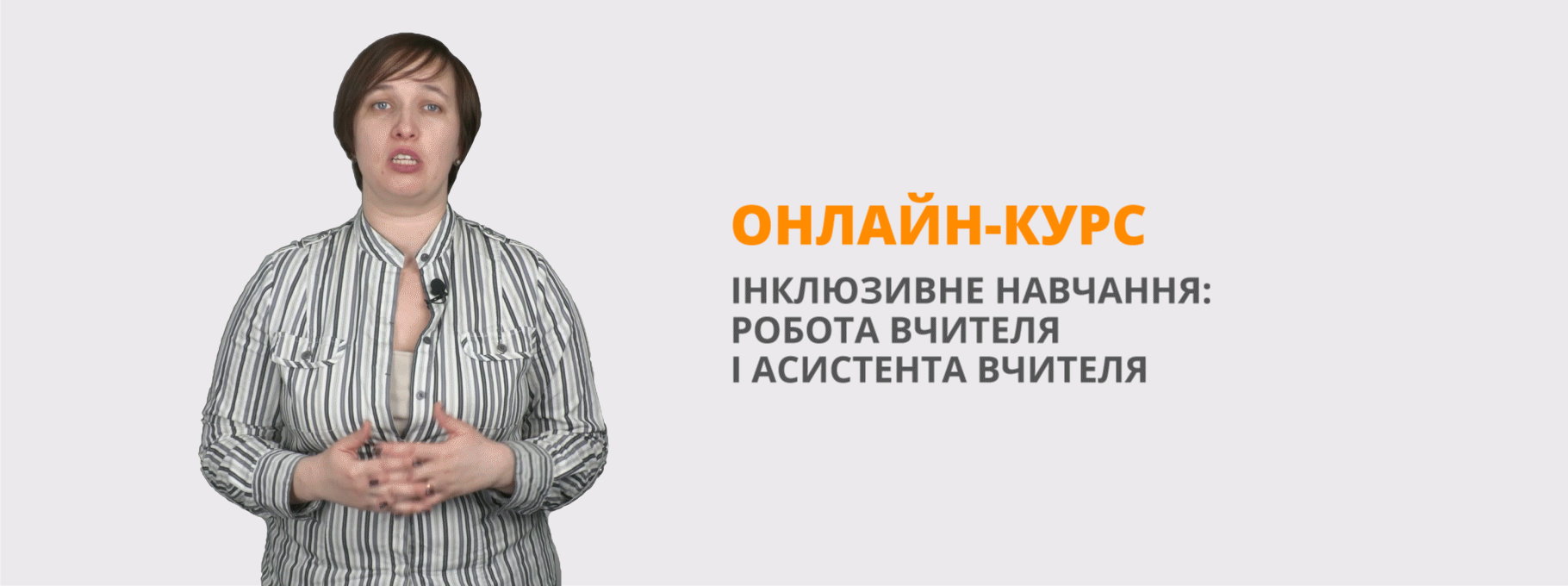THE ENGLISH LANGUAGE
THE ENGLISH LANGUAGE
English is spoken practically all over the world. It is spoken as the mother tongue in Great Britain, the United States of America, Canada, Australia and New Zealand. A lot of people speak English in China, Japan, India, Africa and other countries. It is one of 6 official languages of the United Nations. It is studied as a foreign language in many schools.
England's history helps to understand the present condition of English. Many English words were borrowed from the language of Angles and Saxons. Hundreds of French words came into English. These French words didn't crowd out corresponding Anglo-Saxon words. There exist «act» and «deed», «beautiful» and «pretty», «form» and «shape».
Many new words were brought by traders and travellers. These words came from all parts of the world: «umbrella» —from Italian, «skates» — from Dutch, «tea» — from Chinese, «cigar» — from Spanish.
Some words came into English directly from Latin, which was the language of the church and the universities in the Middle Ages.
Some of the English words of today are derivatives. One way of creating new words is to put together two or more older English words. For example, the words «railway», «football», «newspaper» are made in this way.
Many of the new English words — especially new scientific ones — have been made from Latin and Greek words instead of English ones. «Telephone» for instance, was made from Greek words «far» and «talk».
QUESTIONS
1. In what countries is English spoken as the mother tongue?
2. From what languages are some English words borrowed?
3. Did French words crowd out corresponding Anglo-Saxon ones?
4. What English words that came from all parts of the world do you know?
5. Why are there so many words with Latin roots in the English language?
6. What ways of creating new words do you know?
VOCABULARY
mother tongue — рідна мова
United Nations — Організація Об'єднаних націй
to borrow — запозичати
Angles and Saxons — англи і сакси
to crowd out — витісняти
to exist — існувати
trader — купець
directly — безпосередньо
derivative — похідне слово
АНГЛІЙСЬКА МОВА
Англійською мовою говорять практично в усьому світі. Нею як рідною мовою говорять у Великобританії, Сполучених Штатах Америки, Канаді, Австралії і Новій Зеландії. Багато людей у Китаї, Індії, Африці, Японії й інших країнах говорять англійською мовою. Вона є однією з шести офіційних мов Організації Об'єднаних націй. Її як іноземну мову вивчають у багатьох школах.
Історія Англії допомагає зрозуміти справжній стан англійської мови. Багато англійських слів були запозичені з мови англів і саксів. Сотні французьких слів прийшли в англійську мову. Ці французькі слова не витиснули відповідні англосаксонські слова. Існує «act» і«deed», «beautiful» і «pretty», «form» і «shape».
Багато нових слів були принесені купцями і мандрівниками. Ці слова прийшли з усіх частин світу: «umbrella» (парасолька) — з італійської, «skates» (ковзани)— з голландської, «tea» (чай) — з китайської, «cigar» (сигара) — з іспанської.
Деякі слова прийшли в англійську безпосередньо з латини, яка була мовою церкви й університетів у середні віки.
Деякі сучасні англійські слова — похідні. Один зі способів утворення нових слів — скласти два чи більше старих англійських слів. Наприклад, слова «railway», «football», «newspaper» утворені у такий спосіб.
Багато які з нових англійських слів, особливо наукових, були утворені з латинських і грецьких, а не англійських слів. Слово «telephone», наприклад, утворене з грецьких слів «далеко» і «говорити».


про публікацію авторської розробки
Додати розробку
